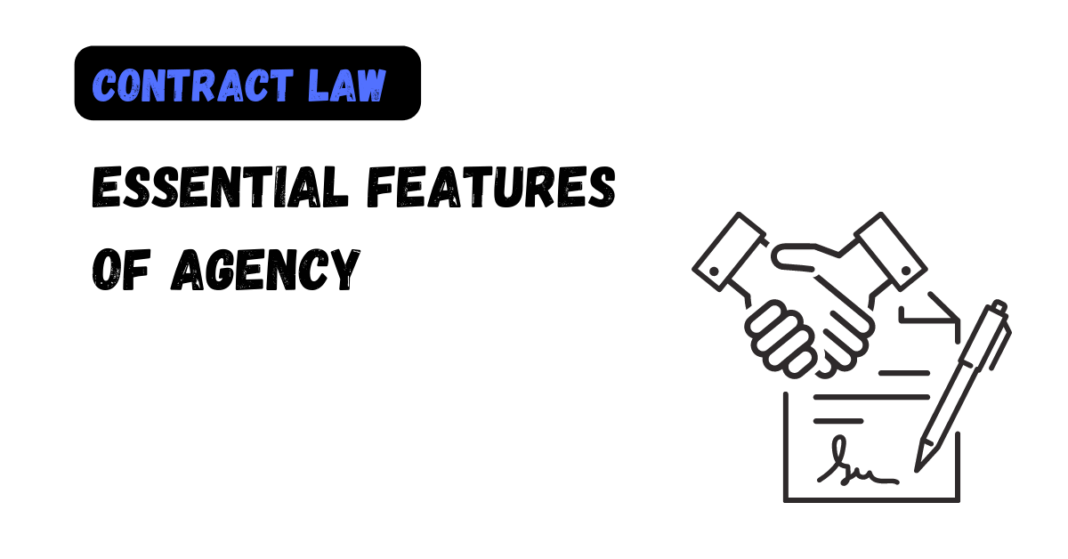There are several essential features of agency that are necessary for the legal relationship to exist:
- Consent: Agency requires the voluntary consent of both parties. The principal must authorize the agent to act on their behalf, and the agent must accept the authority granted by the principal.
- Fiduciary Relationship: Agency is a fiduciary relationship, which means that the agent owes certain duties of loyalty and trust to the principal. This includes the duty to act in the best interests of the principal, to avoid conflicts of interest, and to keep the principal’s confidential information confidential.
- Authority: The agent must have the authority to act on behalf of the principal. This can be actual authority, which is expressly or impliedly granted by the principal, or apparent authority, which arises from the principal’s conduct that leads a third party to believe that the agent has the authority to act on behalf of the principal.
- Control: The principal must have the right to control the actions of the agent to some extent. This means that the principal can dictate what the agent can and cannot do on their behalf.
- Creation of Legal Obligations: Agency involves the creation of legal obligations between the principal and third parties. When the agent acts on behalf of the principal, they can create contracts, make purchases, and engage in other transactions that legally bind the principal.





